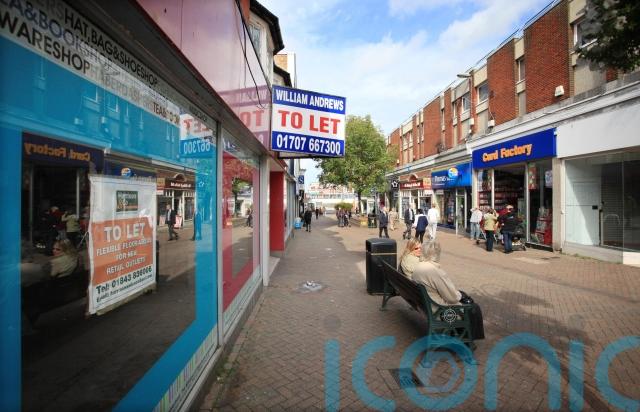
The gap has widened between the levels of deprivation experienced by people who grew up in affluent circumstances compared to those who grew up in poverty over a nine-year period.
This is according to a report that looked at how poverty in Ireland and other EU countries persists from one generation to the next.
It found that when comparing the rates of deprivation in 2019 between people who experienced good and bad financial circumstances during childhood, Ireland had the eighth highest level of inequality among the 27 EU countries – up from 16th place in 2011.
Funded by Pobal and carried out by the ESRI, the study found that in 2019, there was a 35 percentage point gap between deprivation of those who grew up in poverty compared to those in “very good” financial circumstances.

The report draws data from the Irish and EU Survey on Income and Living Conditions at three time points – 2005, 2011, and 2019.
The survey asked respondents aged 25-59 years about their household’s financial situation when they were in their early teens.
It found that the influence of childhood poverty on adult deprivation is most pronounced for younger adults, and “weaker but still significant” for older adults aged 55-59 years.
Among the report’s key findings were that those who grow up in poverty tend to achieve lower levels of education, accounting for over a quarter of the association between childhood poverty and deprivation as an adult.
The ESRI concluded that it was “crucial” to tackle educational inequality to break the poverty cycle.
Lower rates of employment and disability or ill health among those who experienced childhood poverty was also part of the reason for the increased risk of deprivation in adulthood, the ESRI said.
The EU-wide study found that the proportion of Irish respondents who experienced poverty during childhood was 13% in 2011 and 9% in 2019 – the same as the EU average.
In 2011, the proportion of individuals within the EU-27 who experienced childhood poverty and went on to experience deprivation in adulthood was 33% while in Ireland it was 37%.
In 2019, this had decreased to 25% in the EU-27 average and to 31% in Ireland.
An author of the report Bertrand Maitre said: “The study demonstrates the detrimental and long-term impact of childhood poverty on economic circumstances in later adulthood.
“This relationship is greatly affected by educational attainment and also by disability status or ill health and employment status.
“Addressing poverty and its effects requires a range of policy solutions including additional educational supports for disadvantaged children, welfare supports for families, measures to support access to the labour market for people with a disability and measures to support maternal employment.”
Minister of State with responsibility for Community Development and Charities, Joe O’Brien said: “Today’s report provides further evidence that experiences of childhood poverty can have a very negative impact on adult life outcomes.
“As a state we need to continue to invest more in children for their immediate benefit but also the benefit of society as a whole. Poverty will continue to have capacity to transfer from one generation to another unless we build on our current measures to tackle child poverty.”
Subscribe or register today to discover more from DonegalLive.ie
Buy the e-paper of the Donegal Democrat, Donegal People's Press, Donegal Post and Inish Times here for instant access to Donegal's premier news titles.
Keep up with the latest news from Donegal with our daily newsletter featuring the most important stories of the day delivered to your inbox every evening at 5pm.